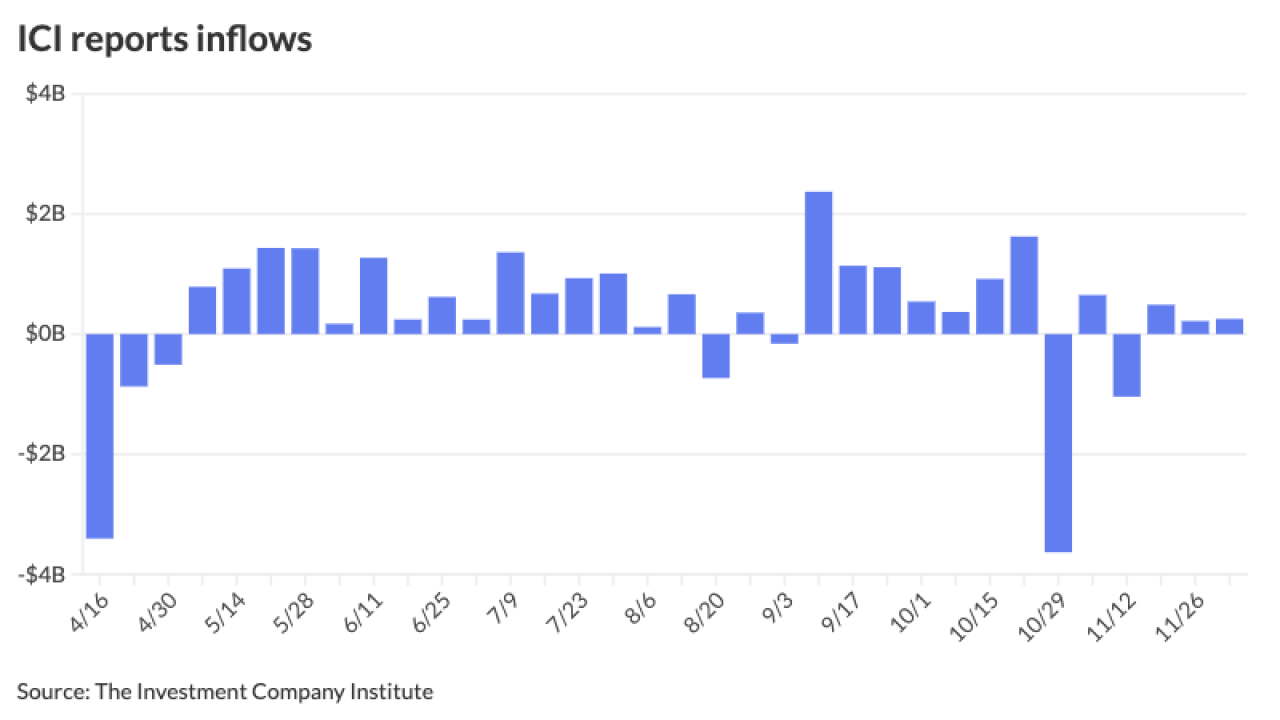The Trump administration finally ended its reluctance to provide disaster aid to Puerto Rico on Thursday when it announced a series of actions highlighted by President Trump's declaration of a major disaster.
The announcement came 19 days after a series of earthquakes began on the southern side of Puerto Rico and finally freed up assistance to individuals who have been displaced from their homes.

The earthquakes also have served to draw attention to the slow pace of reconstruction on the island in the wake of the devastation caused by Hurricane Maria in 2017.
Only $14.9 billion has been disbursed out of the $48.35 billion allocated by Congress since Hurricane Maria, according to
Gov. Wanda Garced Vazquez said Friday the new grants under the the FEMA Individuals and Households Program will provide financial help for necessary expenses such as temporary housing, home repairs and other personal needs.
Also Thursday, the U.S. Department of Housing and Urban Development
Both actions came after bipartisan political pressure from members of Congress for the administration to act.
The administration earlier had declared an emergency on the island on Jan. 7 that had activated direct assistance for public services from the Federal Emergency Management Agency.
“A major disaster declaration is needed to continue with the recovery,” said Jennifer Storipan, executive director of the Puerto Rico Federal Affairs office in Washington.
The HUD action came concurrent with the announcement of the selection of Robert M. Couch to serve as the Federal Financial Monitor to oversee the federal grant administration and disbursement of disaster recovery funds to Puerto Rico and the U.S. Virgin Islands.
The Trump administration has held back its disbursement of disaster aid because of concerns about financial corruption and said last August it was planning to appoint a federal administrator.
Couch, a former HUD official, “has an extensive background with decades of private and public sector experience dealing with financial reporting, risk management, and executing the law,” HUD Secretary Ben Carson said. “Robert will be an asset in supporting HUD’s mission to continue aiding recovery efforts in Puerto Rico while ensuring that appropriated funds are used in a responsible manner and for their intended purpose.”
The HUD announcement also came with a pledge to publish a Federal Register notice to activate another $8.3 billion in aid in addition to the $8.2 billion and an original $1.5 billion already disbursed.
HUD said the Federal Register notice for the $8.3 billion tranche of funding will contain guidelines for establishing its plan to use long-term mitigation funds under the Community Development Block Grant-Disaster Recovery program. HUD said those guidelines will require applicants “to develop thoughtful recovery plans informed by local residents.”
Senate Minority Leader Chuck Schumer, D-N.Y., said the HUD announcement is “not nearly enough.”
“We will continue to fight this administration’s unnecessary bureaucratic barriers from causing any further delay in disbursing these funds to Puerto Rico,” Schumer said. “We will also continue pushing for the additional appropriated funds that are still senselessly held up. These funds must be put to use as Congress intended: to rebuild the island.”
Separately, the House Appropriations Committee also
The new round of disaster aid from Congress will include educational assistance for the island, which extended its Christmas holiday winter break for all schools through at least Jan. 22 so that buildings can be inspected for structural damage.
Through Jan 16, engineers had inspected 530 schools and certified them for reopening, according to Puerto Rico’s Federal Affairs Administration office in Washington.
Communications and electricity were 99% restored, but the condition of the electrical grid remained fragile.
Additionally, there still were 42 shelters operating in 14 municipalities that were housing 7,468 people and 240 pets.
Although the earthquake damage was concentrated in six municipalities on the southern side of the island, aftershocks and tremors have continued to occur islandwide.
The proposed additional federal disaster aid is under review by the commonwealth’s government, said Storipan.
“We’ll be having conversations with the committee,” she said. “We really do appreciate the committee is ensuring Puerto Rico will have the resources that it needs."





